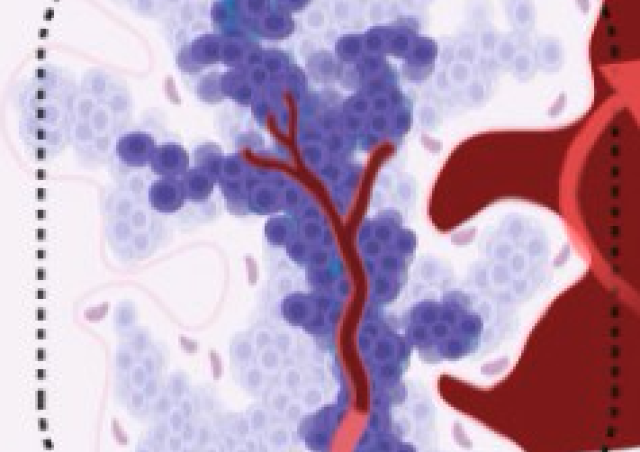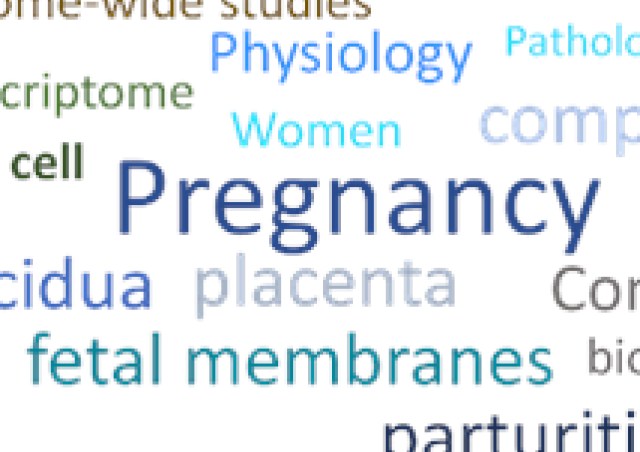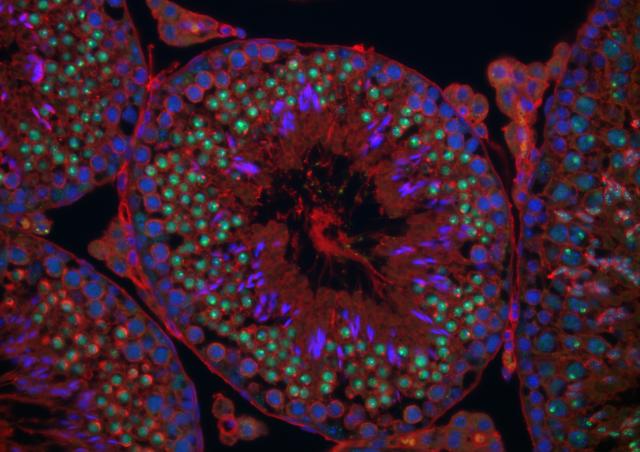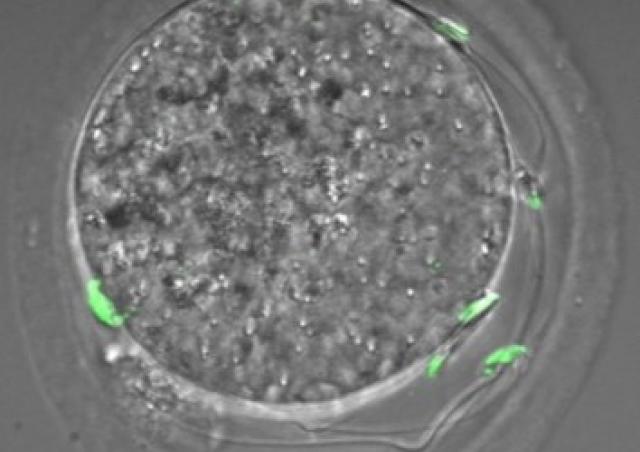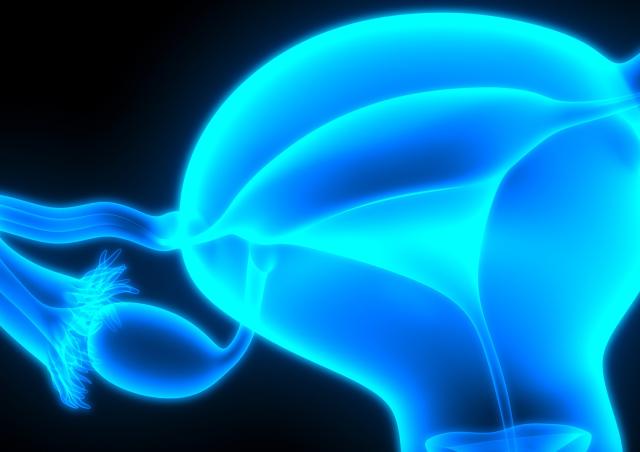Project members
Project
The impact of the environment on fertility is a matter of concern for many research teams around the world. In a broad sense, we can include artificial techniques of medically assisted reproduction which have been shown to have molecular consequences, sometimes in the long term. More conventionally, we can consider that atmospheric pollution, endocrine disruptors, chemical and biological derivatives from industry and / or medicine significantly affect the quality of air and water, and act on reproduction and early development. We are interested in the molecular action of environmental stresses in particular on placental development and on testicular development and spermatogenesis.

In collaboration, we have since 2007 studied the impact of the environment on reproduction, particularly in the male genital tract in rats, in the placenta, but also in liver function. Specifically, we analyzed the impact of cocktails of two endocrine disruptors (vinclozolin and genistein) on testicular development, and on sperm preotenomics. In the mouse model we studied the disturbances in placental gene expression induced by Assisted Reproduction technologies. In the mouse model, too, we obtained results on methylation, transcriptome and transgenerational impacts of exposure to Bisphenol S, a plastic hardener that gradually replaced Bisphenol A, and induces sex-dependent obesogenic effects in the mouse model. Finally on the human placenta, we highlighted epigenetic alterations induced by phenolic derivatives, tobacco, air pollution and phthalates.







